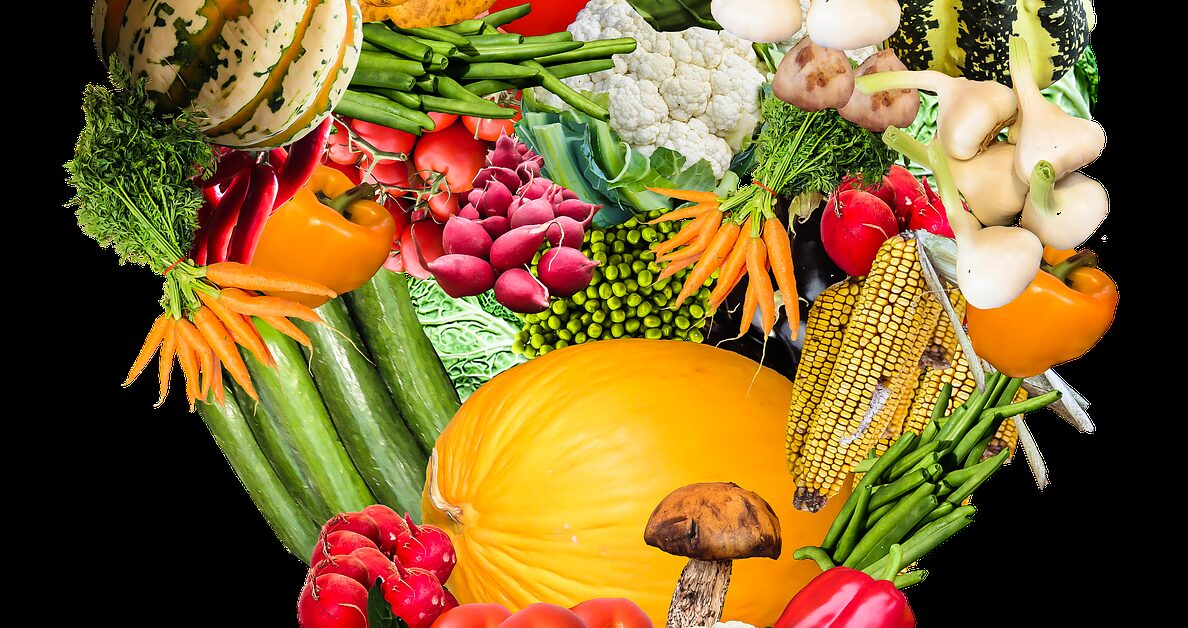Mayonnaise, commonly known as mayo, is a popular condiment used in various dishes and sandwiches. It is a creamy and tangy sauce that adds flavor and richness to food. However, for individuals with dietary restrictions or allergies, it is essential to know the ingredients in mayo, especially whether it contains dairy or not. In this article, we will explore the question, “Does mayo contain dairy?” and provide valuable insights into this topic.
Understanding Mayo
Mayonnaise is traditionally made by emulsifying oil, egg yolks, vinegar or lemon juice, and seasonings. The emulsification process creates a thick and creamy texture that is characteristic of mayo. While the basic ingredients of mayo do not include dairy, some commercial brands may add dairy-derived ingredients to enhance flavor or texture.
Common Ingredients in Mayo
Let’s take a closer look at the typical ingredients found in mayonnaise:
- Oil: The primary ingredient in mayo is oil, usually soybean, canola, or sunflower oil. These oils are plant-based and do not contain dairy.
- Egg yolks: Mayo is traditionally made with egg yolks, which are not dairy products. However, individuals with egg allergies should be cautious and check the label for egg-free alternatives.
- Vinegar or lemon juice: These acidic ingredients are used to add tanginess to mayo and help with the emulsification process. They are dairy-free.
- Seasonings: Various seasonings like salt, mustard, and pepper are commonly added to mayo for flavor. These seasonings are typically dairy-free.
Potential Dairy Ingredients in Mayo
While the basic ingredients of mayo are dairy-free, some commercial brands may include dairy-derived ingredients. It is crucial to read the label carefully to determine if a particular brand of mayo contains dairy. Here are some potential dairy ingredients that may be present:
- Whey: Whey is a byproduct of cheese-making and is derived from milk. Some brands may use whey as an ingredient in their mayo, making it unsuitable for individuals with dairy allergies or lactose intolerance.
- Casein: Casein is a milk protein that can be found in certain brands of mayo. It is used as a thickening agent and may cause issues for those with dairy allergies.
- Buttermilk: Some specialty or flavored mayonnaise varieties may contain buttermilk, which is a dairy product. These types of mayo should be avoided by individuals avoiding dairy.
Dairy-Free Mayo Alternatives
If you are looking for dairy-free mayo options, there are several alternatives available in the market. These alternatives are suitable for individuals with dairy allergies, lactose intolerance, or those following a vegan diet. Some popular dairy-free mayo options include:
- Vegan mayo: Vegan mayo is made without eggs and dairy. It is typically made with plant-based oils and emulsifiers like aquafaba (chickpea brine) or soy protein.
- Avocado mayo: Avocado mayo is a healthier alternative made by blending ripe avocados with oil, vinegar, and seasonings. It is dairy-free and provides the added benefits of healthy fats from avocados.
- Coconut oil-based mayo: Some brands offer mayo made with coconut oil instead of traditional vegetable oils. These options are dairy-free and provide a unique flavor profile.
Conclusion
Mayonnaise, in its basic form, does not contain dairy. However, it is essential to check the label of commercial brands as some may include dairy-derived ingredients. For individuals with dairy allergies or lactose intolerance, there are plenty of dairy-free mayo alternatives available in the market. By being aware of the ingredients and making informed choices, everyone can enjoy the deliciousness of mayo without any concerns.
